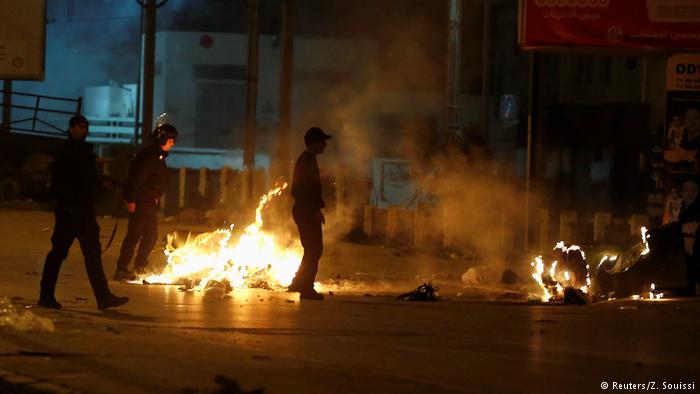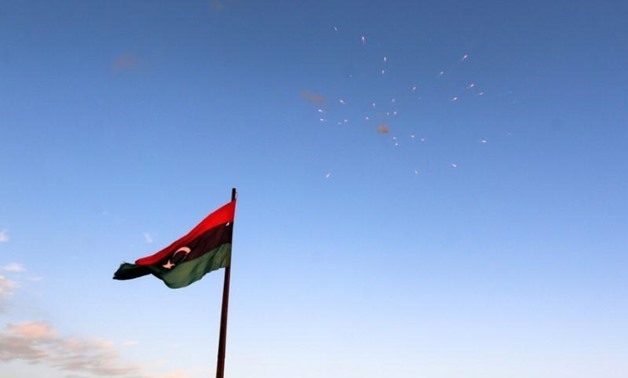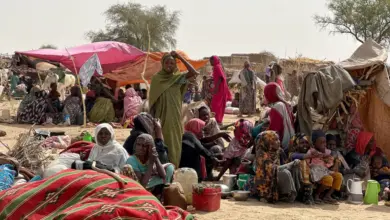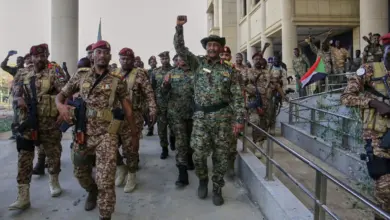
Tunisians have taken to the streets of several cities including the capital in a third night of violent protests. The government has vowed to crack down.
More than 200 people have been arrested and nearly 50 police officers wounded in continued unrest in Tunisia over price hikes and austerity measures, the interior ministry said Wednesday.
Peaceful demonstrations erupted last week, but turned violent on Monday and Tuesday as they spread to more than 20 towns including in the suburbs of the capital, Tunis. Fresh clashes were reported across several towns for a third night on Wednesday.
Anger has boiled over since the beginning of the year due to a hike in value added tax and social security contributions as part of austerity demanded by international creditors.
Tunisia has been praised for its democratic transition following the 2011 revolution that ousted authoritarian President Zine El Abidine Ben Ali and sparked the Arab Spring in North Africa and the Middle East.
But the country remains plagued by high unemployment and economic woes that nine governments since the revolution have been unable to address.
Government vows to restore order
Activists have vowed to continue protests until the austerity measures are reversed, with a major rally planned for Friday.
Read more: Tunisia protests: Is there a trade-off between a strong economy and democracy?
The government has threatened to crack down on violent protests involving looting and burning of buildings and clashes with police. In some towns, protesters burned tires to block roads and threw stones at police.
On Tuesday, suspected Islamists threw petrol bombs at a Jewish school on the tourist island of Djerba.
One protester was killed on Monday, fueling anger although police said they were not responsible. There is no available figure on the number of injured protesters.
The military has been deployed to protect government buildings, banks and stores, the defense ministry said.
“What happened is violence that we cannot accept. The state will remain steadfast,” Prime Minister Youssef Chahed said in a video broadcast by local radio.
Protests are common in Tunisia in January, when the country marks the anniversary of the revolution that ousted Ben Ali. The demonstrations are largely driven by economic grievances.
The Tunisian revolution and Arab Spring started in December 2010 after street vendor Mohamed Bouazizi burned himself to death in the town of Sidi Bouzid in protest over unemployment, poverty, police harassment and graft.




